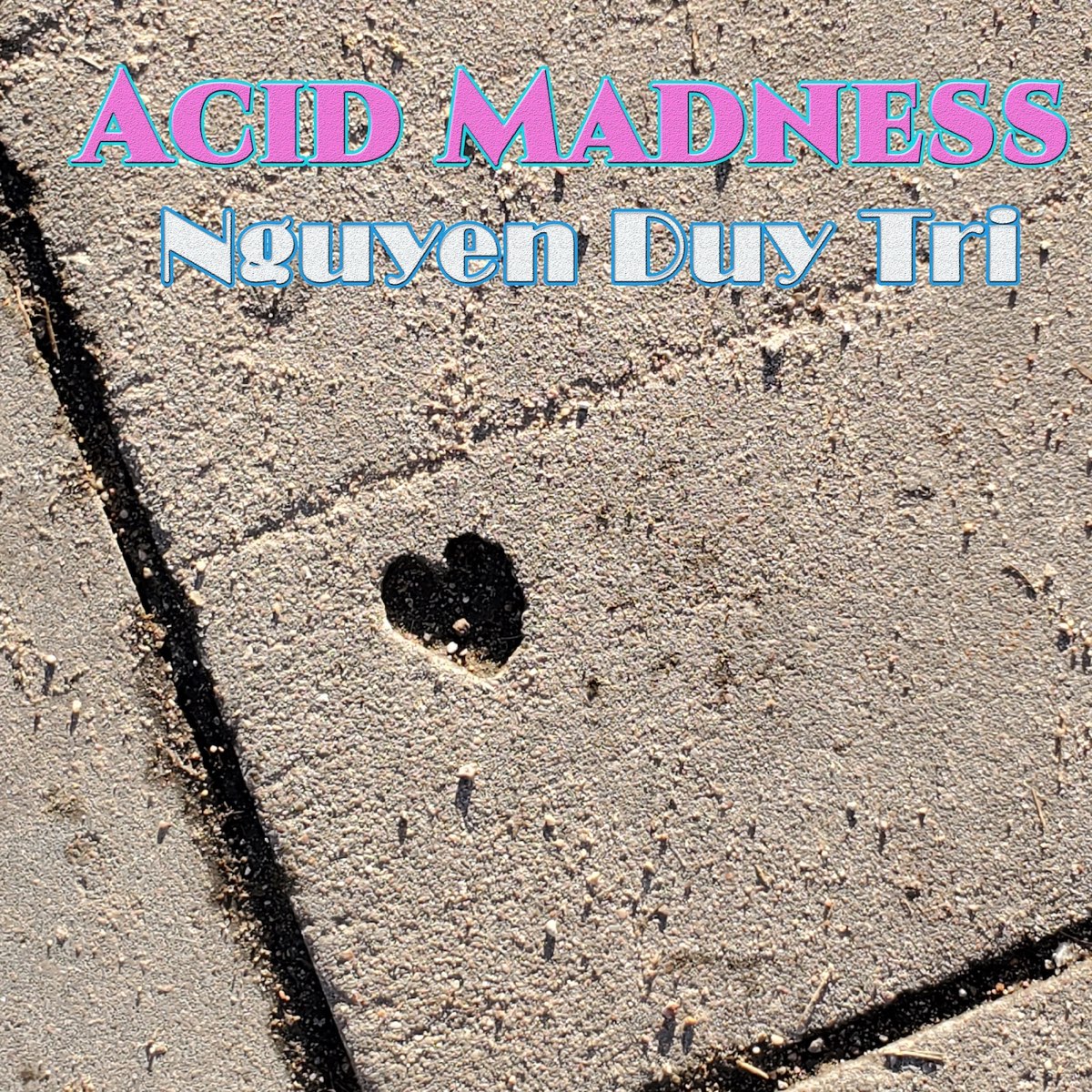The poetry of Nguyen Si Kha is a fascinating exploration of the human soul. His singular voice and significant ideas capture readers and encourage introspection. Kha’s comments reveal the layered nature of the human experience, including our shared need for love, companionship, and acceptance.
Kha’s vivid images and evocative language draw the reader into his lyrical realm. Surprisingly, he can communicate deep feelings with only a few well-chosen words. Poem lines have such substance that they stay with readers long after reading it.
Kha is a superb writer because he effectively employs metaphors and symbols. He challenges us to find our meaning in the cryptic messages he embeds in his lyrics. His writing mirrors us, reflecting our happiness and sadness and reassuring us of our common humanity.
In essence, Nguyen Si Kha’s poetry transports us on an unforgettable emotional adventure. It has an indelible effect on us on a deep, emotional level. Kha’s collection of work, with its singular combination of eloquence and profundity, is timeless and gets to the heart of being human.
Unlocking the Hidden Meanings of “Always August” via a Study of its Symbolism
In Nguyen Si Kha’s poetry “Always August,” symbolism plays a significant part, enriching the poem’s content and making it more difficult to pin down. The rose is a central emblem in the poem and the imagery of flowers. The poem’s flowers are a reminder of how transitory love, passion, and beauty can be and so function as a double emblem. Kha uses this symbolism to meditate on the transience of beauty in life, touching on topics like love and sorrow.
The water element appears frequently throughout “Always August” and is a crucial symbol. Emotions and the human experience are both metaphors for water. Kha’s use of contrasting images of water throughout the poem, from placid rivers to raging oceans, illustrates the breadth of human emotion. Symbolism like this gives depth to our comprehension of individual feelings and the common human experience.
Kha also uses strong temporal imagery to probe the story’s deeper connotations in “Always August.” When a certain month has symbolic meaning for a person or a couple, that month represents that time or place. Kha emphasises how time affects our views and experiences through allusions to time, such as clocks ticking or days passing swiftly.
By interpreting the symbols found in “Always August,” readers can better grasp the novel’s themes of love, grief, and the intricacies of the human condition. These icons permit immediate, gut-level identification with significant feelings while simultaneously inspiring consideration of one’s history and connections. Careful analysis and interpretation of Nguyen Si Kha’s poetry reveal layers of meaning that deepen our appreciation for the poet and his work and our own experiences as individuals negotiating the ambiguities and impasses of life.
The Poetic Art of Nguyen Si Kha – A Confluence of Elegance and Depth
Nguyen Si Kha’s lyrical language demonstrates his creativity and command of the English language. His poetry is a stunning blend of lyricism and serious thought that captivates readers. Kha’s meticulously crafted worlds result from his deft use of language and attention to detail.
Kha’s excellent use of imagery is one of the things that makes his poetry distinct. His writing is so descriptive that it’s easy to imagine the scenes he describes. Kha’s photography takes us to another world, where we may fully immerse ourselves in his lyrical vision, whether it is the vivid colours of nature or the raw emotions of human experience.
The poetic richness and melody of Kha’s poetry are other notable traits. The rhythmic rhythms and rhyme systems he employs enrich his already stunning poetry. His words strike a chord with us because they flow melodically, making them more powerful.
Nguyen Si Kha’s lyrical language transcends the merely functional to become an art form in its own right. He delves into the complexity of human existence with eloquence and depth that are aesthetically pleasing. This singular mix ultimately captivates readers and cementes his place in literary history.
Analysing the “Always August” Themes of Love, Loss, and Existence
The novel “Always August” by Nguyen Si Kha dives deeply into human subjects such as love, loss, and life. Kha’s heartfelt poetry conveys the core of these feelings with an authenticity that speaks to people of many backgrounds.
In “Always August,” love is a major subject that takes many forms. Kha depicts the delights and complexities of love, underscoring its capacity to bring great joy and suffering. His words make us want and remember love’s sway over our emotions.
The idea of loss also appears often throughout the poem. Kha sensitively captures the pain and emptiness we feel when we lose something or someone precious. He delves into how grief leaves a permanent imprint on the human psyche. The poet’s vivid imagery helps us understand these profoundly sad emotions and their effect on our lives.
“Always August” explores the full range of human emotions, not only love and sadness. Poetically, Kha expresses the human experiences of happiness, hope, fear, and fortitude. His research serves as a timely reminder that, despite our differences, we share a common emotional experience in this thing we call life.
These threads weave together beautifully throughout “Always August,” leaving readers with a rich emotional experience. Nguyen Si Kha’s expert depiction encourages us to think about our feelings of love and sorrow and to celebrate what it is to be human: fragile but tenacious people who must figure out the mysteries of life on their own.
Conclusion:
The universal themes and the exquisite use of language in “Always August” by Nguyen Si Kha have left an indelible mark on the literary world. Kha gives his audience a genuine look into a diverse cultural fabric by including aspects of his Vietnamese background in his poems. His impact goes beyond his works; he has influenced a new crop of poets who aim to attain the same levels of depth and intensity that he has.










